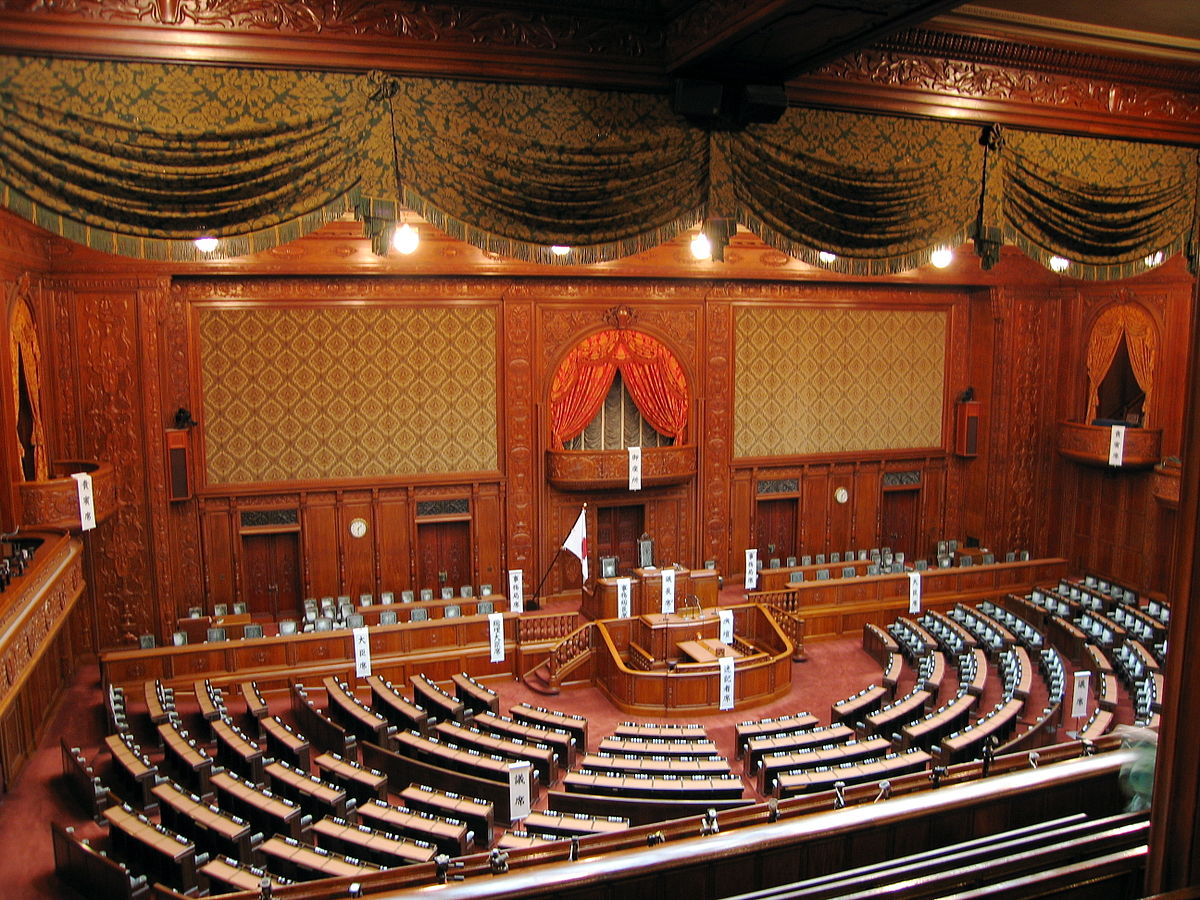Good governance is an important factor in steering a country towards a peaceful and an economically stable territory that does not need an external alliance because it can strongly stand on its own like Japan. The domineering political framework of this superpower nation is a multi-party parliamentary representative democratic and constitutional monarchy wherein an Emperor is rightfully assuming the position as the ceremonial head of state of a unified Japanese cabinet. As far as the legislative power of the government is concerned, this is lawfully vested in the National Diet. Meanwhile, Japan’s Prime Minister is the head of its government and is also the main head of the hardworking Japanese cabinet.
The judicial branch of government is being ruled by the Supreme Court, together with the other lower courts. Sovereignty rests on its people. These are the main reasons why Japan is more economically sound, than any other countries in Southeast Asia.
Constitution
The Japanese Constitution has delegated the Emperor as a symbol of the State and people’s quest for unity. Although, he does not possess genial powers of politics, he is tasked to perform ceremonial duties based on constitutional provisions. What about the Japanese Prime Minister? Accordingly, all political powers are vested in him as well as the elected representatives of the National Diet. His historical appointment emanates from the Emperor himself, while being directed by the National Diet.
Cabinet members are appointed by the Prime Minister. Thus, the most predominant political party in Japan is no less than the Liberal Democratic Party. It has dramatically changed the challenging political landscape of Japan since 1955.
Right of Suffrage
Every Japanese citizen has the right to vote if he or she is already 20 years of age. Briefly, Japanese women were only bestowed the right to vote after the universal implementation of the post war constitution. Along this juncture, the distinguished members of the House of Representatives are elected every four years. Furthermore, House of Councilors members are enjoying the noble mission of serving their people every three years.
Defense Tactics and Strategies
The constitution strictly prohibits the government to maintain military forces and lead any warfare.
Political System in General
The Japanese political system is entirely different from other Western countries with democratic ideals, because of the following reasons:
- The Kokkai Diet exercises little real authority
- Cabinet meetings are too short
- Prime Minister is considered weak than his counterpart
- Primal political powers do not depend on politicians. But, these are mainly concentrated on civilians and well-known industrialists
Over the years, there have been significant and yet drastic moves to push for the amendments with respect to the Japanese Constitution. It is because of the fact, that Japan wants to maintain and deploy Japanese forces; and thereby, depict a kind of country that is traditional in nature. Meaning, the constitutional rights are more balanced insofar as obligations are concerned.
Image by Kimtaro, CC BY 3.0 Wikimedia Commons


























